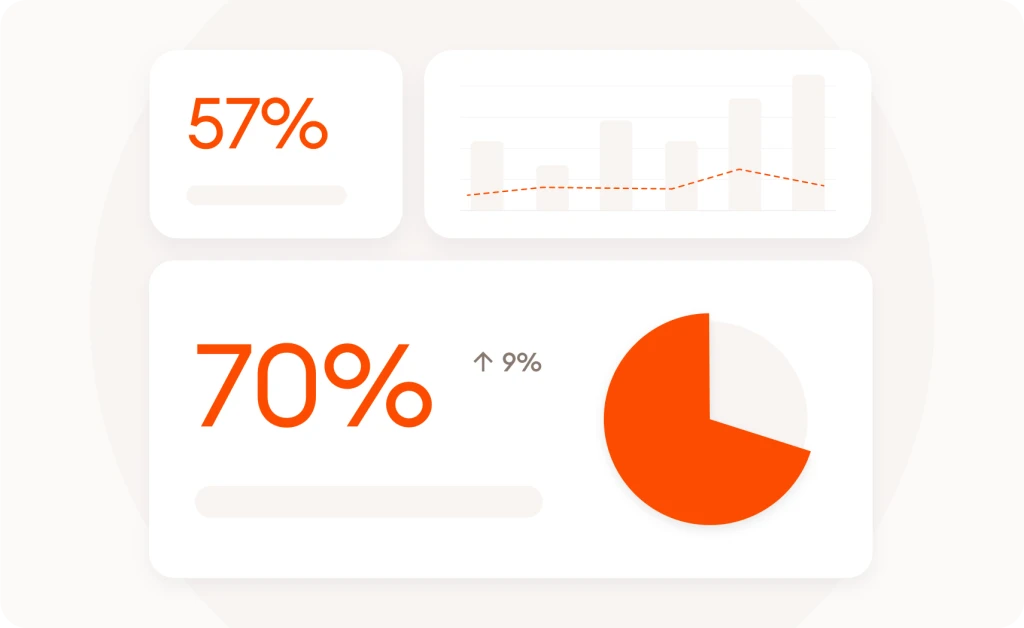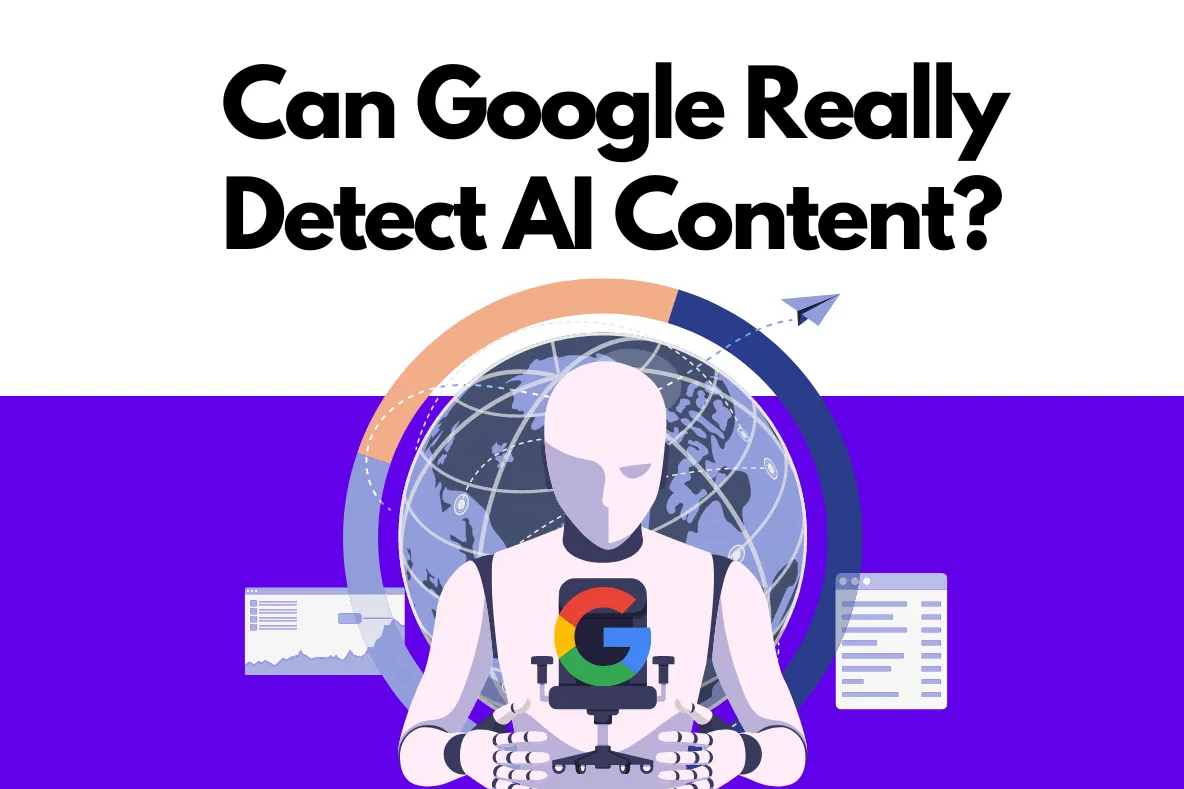Test AI on YOUR Website in 60 Seconds
See how our AI instantly analyzes your website and creates a personalized chatbot - without registration. Just enter your URL and watch it work!
1. Introduction: AI’s Growing Role in Customer Service
This blog explores the percentage of customer service driven by AI, key industry trends, and future projections as AI continues to reshape the way businesses engage with customers.
2. Current AI Adoption in Customer Service
1. AI in Customer Support Today
26% of customer service professionals report using AI in their daily workflows or are experimenting with AI-driven tools (Plivo, 2024).
25% of customer service interactions are expected to be handled by AI in 2025 (Desku, 2024).
AI chatbots manage 85% of customer interactions in some sectors, reducing the need for human intervention (Comidor, 2024).
2. Industries Leading AI Customer Service Adoption
E-commerce & Retail: AI-powered chatbots handle order tracking, returns, and recommendations.
Banking & Finance: AI-driven virtual assistants provide account support and fraud detection.
Telecommunications: AI chatbots resolve billing issues and service inquiries.
Healthcare: AI supports patient appointment scheduling and medical FAQs.
Travel & Hospitality: AI-driven booking assistants and automated travel support improve customer experiences.
3. How AI is Used in Customer Service
1. AI-Powered Chatbots and Virtual Assistants
AI-driven chatbots handle routine inquiries, appointment bookings, and troubleshooting.
Companies like Amazon, Apple, and Google use AI chatbots to assist millions of customers daily.
2. AI-Driven Call Centers
AI can route calls intelligently, reducing wait times and improving customer satisfaction.
AI-powered voice assistants handle basic customer support and escalate complex cases to human agents.
3. Predictive AI for Customer Support
AI predicts customer issues before they arise, offering proactive solutions.
Machine learning algorithms analyze previous interactions to improve future responses.
4. Sentiment Analysis and AI-Powered Insights
AI evaluates customer sentiment during conversations, helping businesses adapt responses in real time.
Companies use AI-driven analytics to identify service trends and enhance customer experiences.
4. Benefits of AI in Customer Service
1. Faster Response Times
AI-powered chatbots eliminate long wait times by providing instant replies.
Automated systems handle frequently asked questions without human intervention.
2. 24/7 Customer Support
AI provides round-the-clock assistance, improving accessibility for global customers.
Customers can get support anytime, even outside business hours.
3. Cost Savings and Operational Efficiency
AI reduces the need for large customer service teams, lowering labor costs.
Automation streamlines operations, allowing businesses to serve more customers with fewer resources.
4. Improved Personalization
AI analyzes customer preferences to provide tailored product recommendations and solutions.
Predictive AI anticipates needs and offers proactive support.
5. Challenges of AI in Customer Service
1. Lack of Human Empathy
AI struggles to replicate emotional intelligence and nuanced communication.
Customers with complex issues may prefer human agents for personalized assistance.
2. AI Bias and Accuracy Issues
AI models can reflect biases in training data, leading to unfair or incorrect responses.
AI chatbots must be regularly updated to avoid misinformation or misinterpretation.
3. Privacy and Data Security Concerns
AI-driven customer service relies on sensitive customer data, requiring strong security measures.
Businesses must comply with GDPR, CCPA, and other data protection regulations.
4. Over-Reliance on Automation
Over-automation can lead to customer frustration when AI fails to resolve issues.
Businesses must balance AI support with human interaction to maintain service quality.
6. Future Trends: AI’s Role in Customer Service Beyond 2025
1. AI-Enhanced Human-AI Collaboration
AI will assist human agents by suggesting responses and summarizing past interactions.
Hybrid AI-human support models will enhance service quality and efficiency.
2. Voice AI and Conversational AI Growth
AI-powered voice assistants will improve speech recognition and natural language understanding.
Companies will integrate AI-driven voice bots for seamless customer interactions.
3. AI-Powered Predictive Customer Experience
AI will analyze customer behavior patterns to anticipate support needs before they arise.
Predictive AI will help businesses prevent issues and offer proactive solutions.
4. AI Ethics and Regulation in Customer Support
Businesses will focus on ethical AI practices and transparent AI decision-making.
AI governance frameworks will ensure responsible AI use in customer interactions.
7. Conclusion: The AI-Driven Future of Customer Service
However, the success of AI in customer service depends on ethical AI use, balancing automation with human touch, and prioritizing customer trust. As AI evolves, businesses must continue refining their AI-driven support strategies to meet the ever-changing expectations of their customers.
By leveraging AI responsibly and integrating it seamlessly into support workflows, businesses can create smarter, faster, and more personalized customer experiences.






